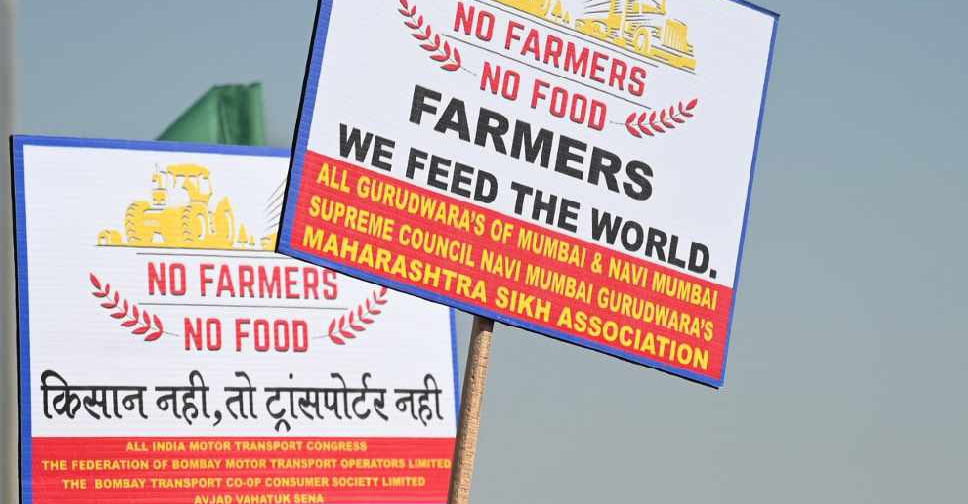
Farmers' protests against new laws liberalising agricultural markets spread across India on Tuesday.
The nationwide strike came after inconclusive talks with Prime Minister Narendra Modi's government.
In eastern and western states, farmers blocked roads and squatted on railway tracks, delaying people getting to work, and preventing perishable produce from reaching markets.
Farmers from the northern states of Punjab and Haryana, neighbouring New Delhi, have been at the vanguard of the agitation since last month, and have set up protest camps in and around the capital.
The reforms enacted in September loosened rules around the sale, pricing and storage of farm produce that have protected farmers from an unfettered free market for decades.
Assured of floor prices, most currently sell the bulk of their produce at government-controlled wholesale markets, known as mandis.
The ruling Bharatiya Janata Party (BJP) has said the reforms would not hurt farmers' incomes. More talks between the government and farmer organisations are due on Wednesday.
Amid the coronavirus pandemic, protest sites around New Delhi have turned into camps, with entire families cooking and sleeping in the open and Sikh religious organisations were providing them with face masks, water and food.
At least 20 regional and national opposition parties backed the call for the strike.




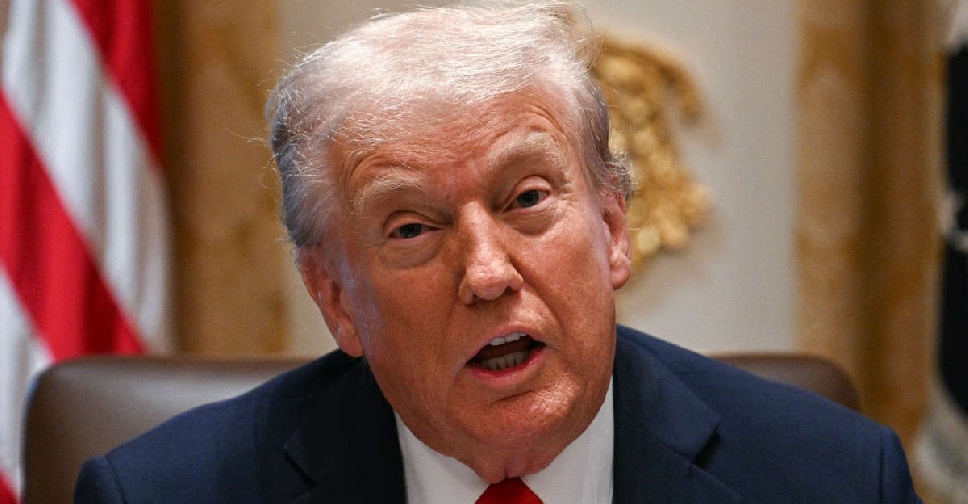 US, India agree on trade deal and lower tariffs, says Trump
US, India agree on trade deal and lower tariffs, says Trump
 Israel reopens Gaza's Rafah border crossing to Egypt, with limits
Israel reopens Gaza's Rafah border crossing to Egypt, with limits
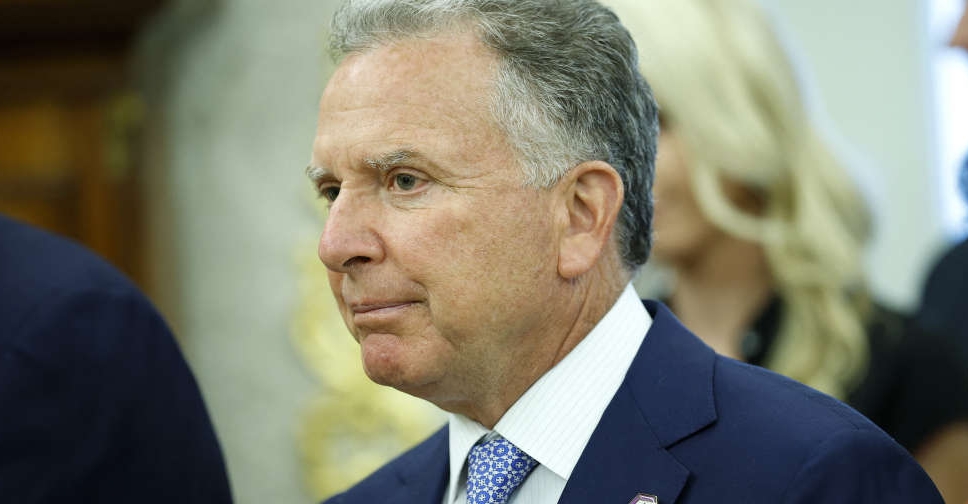 US envoy Witkoff to visit Israel, meet Netanyahu, Israeli officials say
US envoy Witkoff to visit Israel, meet Netanyahu, Israeli officials say
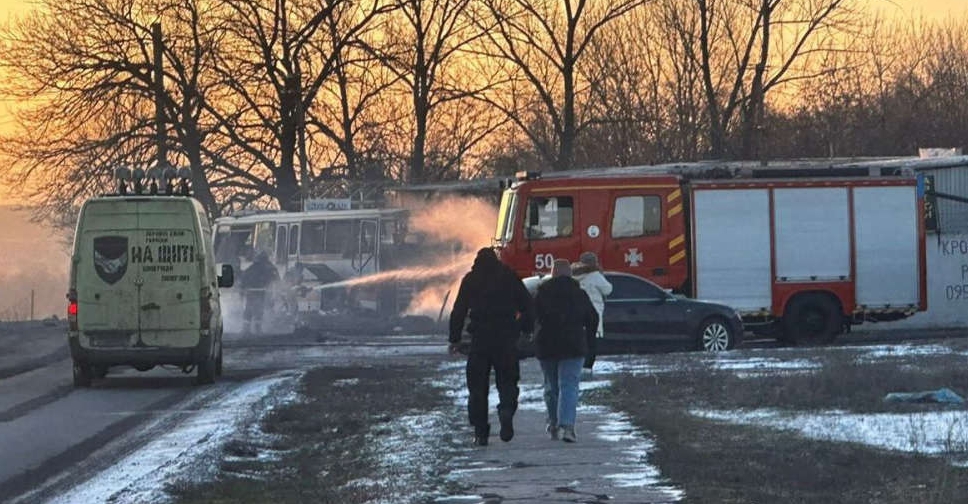 Russian drone strike kills 12 miners in Ukraine
Russian drone strike kills 12 miners in Ukraine
 Singapore to launch space agency in response to global investment surge
Singapore to launch space agency in response to global investment surge
 Five-year-old boy returns to Minnesota after ICE release
Five-year-old boy returns to Minnesota after ICE release
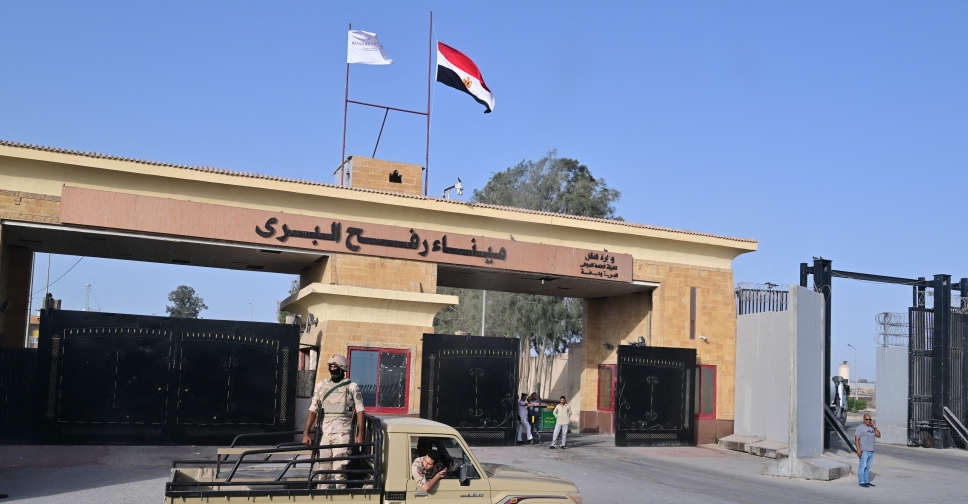 Reopening of Gaza's Rafah crossing expected Monday
Reopening of Gaza's Rafah crossing expected Monday
 Winter storm death toll in United States reaches 90
Winter storm death toll in United States reaches 90




